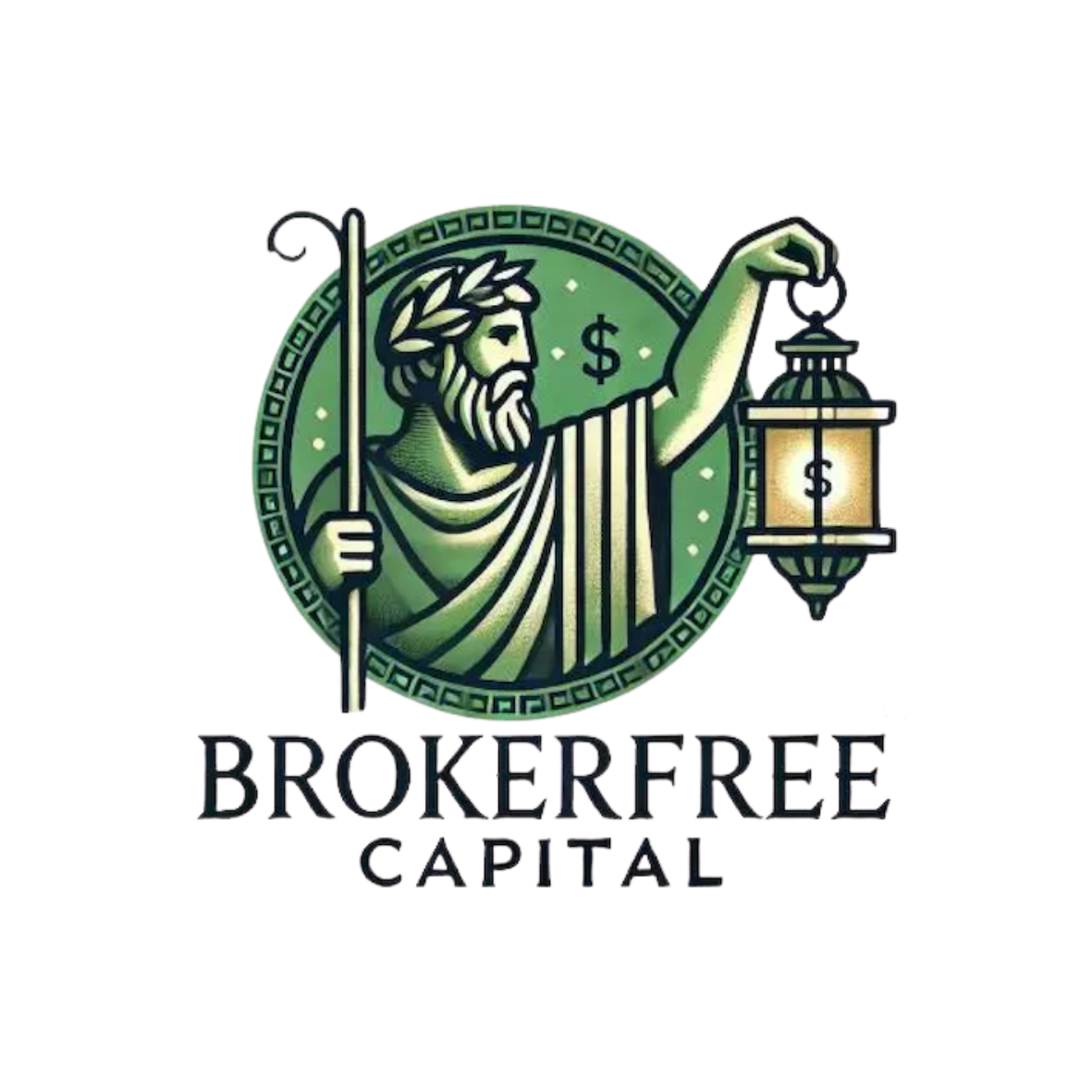“I’m saying that the right man for you might be out there right now, and if you don’t find him, it’s because of me.”
— Cal Weaver, Crazy, Stupid, Love. (2011)
Almost everyone knows that one couple everyone knows should split up—but for some reason, they just don’t. That’s the dynamic between lenders and brokers. They’re like the dysfunctional couple that stays together for all the wrong reasons, and as usual, it’s the third party—borrowers—who get caught in the middle.
Why Brokers Need Lenders (A John Dillinger Moment)
Brokers need lenders for the same reason John Dillinger famously gave when asked why he robbed banks: “Because that’s where the money is.” Brokers don’t make money unless they can get deals funded, and they certainly don’t get paid if you apply directly to a lender without their “help.” They insert themselves into the funding process because lenders have the cash that small businesses need, and their commissions depend on facilitating that transaction—whether it’s in your best interest or not.
Why Lenders Need Brokers (Follow the Money)
Lenders, on the other hand, find themselves in a pickle. Over the years, they’ve raised billions of dollars in debt and equity financing from institutional investors who expect returns. In other words, they need to get that money out the door and onto the street. The pressure from investors is intense, and lenders don’t have the time or inclination to figure out how to attract small businesses directly.
Would they prefer to cut out the middleman and find borrowers on their own? Absolutely. It’d save them a lot of commission fees, but reality has shown that direct borrower acquisition is a costly, time-consuming venture.
In an ideal world, lenders would go straight to you, the borrower, and offer deals without a broker breathing down your neck. But that brings us to why this codependent relationship persists: brokers have successfully convinced small businesses that their involvement somehow guarantees a better deal.
The Broker Myth: “We’ll Get You a Better Deal”
Here’s where the broker myth comes in. Brokers have done an incredible job of selling borrowers on the idea that the only way to get the best deal is by using them to make lenders compete. More options, lower costs, better terms—right? Not quite. What’s actually happening is that brokers steer you toward lenders who pay them the biggest commission, not the ones that are best for your business. Borrowers, for the most part, have bought this reasoning hook line and sinker–entrenching the problem even further.
It’s a dirty little secret: competition does drive your cost of capital down, but only when you apply directly to the right lenders. When a broker is involved, their commission-based agenda muddies the waters, so the competition between lenders doesn’t benefit you—it benefits them.
Why Lenders Put Up With It
If you’re wondering why lenders allow this broker circus to continue, the answer is simple: they need deals, and fast. Every dollar they’ve raised from institutional investors is burning a hole in their pockets. Lenders don’t have the luxury of navel-gazing or figuring out how to acquire customers without brokers. They’ve got capital to deploy, and it needs to start generating returns. This pressure to move money quickly makes lenders tolerate brokers, even though they know it’s not the most efficient or borrower-friendly system.
In a perfect world, lenders would love to acquire you directly as a borrower—but they’ve found it’s much harder than it looks. The broker system is deeply ingrained, and borrowers have been led to believe that brokers are their gateway to a better deal. As a result, lenders are stuck playing the game, even when they know the system isn’t working in anyone’s best interest—except the broker’s.
The Bottom Line
This co-dependent relationship between lenders and brokers continues to negatively impact borrowers. The real tragedy? Borrowers have bought into the lie that brokers are their best option for securing financing. The truth is, you can still benefit from competition between lenders, but you have to go straight to the source—apply directly to a small curated list of lenders without letting a commission-seeking broker muddy the process.The irony of it all is that the one relationship that really needs to end—the one between brokers and lenders—is the one that won’t. But the power to cut the broker out is entirely in your hands.
